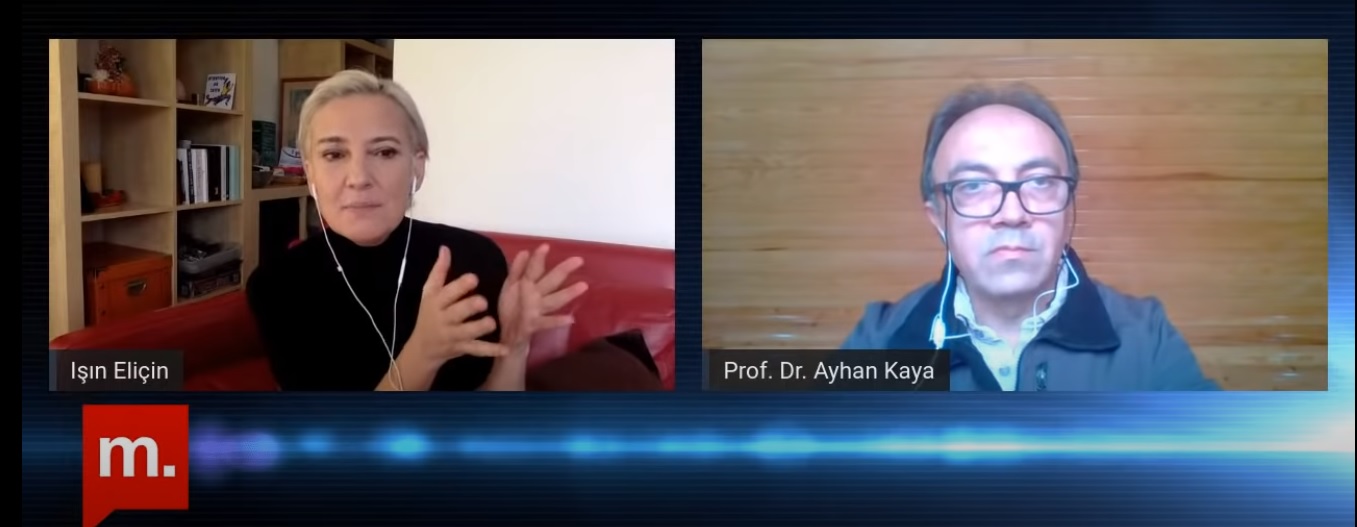
Kaya: “Islam is not radicalizing, radicalization is being Islamized”
November 4, 2020
At least four people were killed and 22 were injured in a terror attack that took place on 2 November (on Monday night) in six locations across Vienna. Austrian Interior Minister Karl Nehammer described a suspect, who was killed by police, as an Islamist terrorist who "fooled" the deradicalization programme. Professor Ayhan Kaya, an ERC Advanced Grant holder and Principal Investigator for the ERC project entitled “Nativism, Islamophobism and Islamism in the Age of Populism: Culturalisation and Religionisation of what is Social, Economic and Political in Europe”, described in his interview, on 3 November, on Medyascope.tv the latest attacks as a consequence of the "co-radicalization" processes between what may be called Islamist and white supremacist terrorism in Europe.
“Many concepts are misused”
In response to Journalist Işın Eliçin’s question about the terms that became popular in the recent public debates, Kaya problematized the interchangeable use of concepts such as radicalism, extremism, fundamentalism and terrorism. Focusing especially on approaches that reduce radicalism to terrorism, Kaya argued that alternative expressions of radicalism should not be hindered by the European governments in the name of counterterrorism: "Radicals of the 19th century were the democrats."
Radicalism has been Islamized after the decline of the left-wing politics
In agreement with French political scientist Olivier Roy’s explanation of the "Islamization of radicalism", Kaya stated that the Islamic symbols have become the only ones that are accessible for a radical in the current political climate, which many politicians, pundits and academics degraded by framing it as a "clash of civilizations". Accordingly, the culturalist and civilizationist political rhetoric that politicians use to stay in power also feeds organizations such as the Islamic State, which, Kaya underlined, "shares the same discourse."
"Instead of that, we should make our evaluations based on socioeconomic, political and psychological parameters", Kaya concluded.
By Metin Koca European Institute, Istanbul Bilgi University


